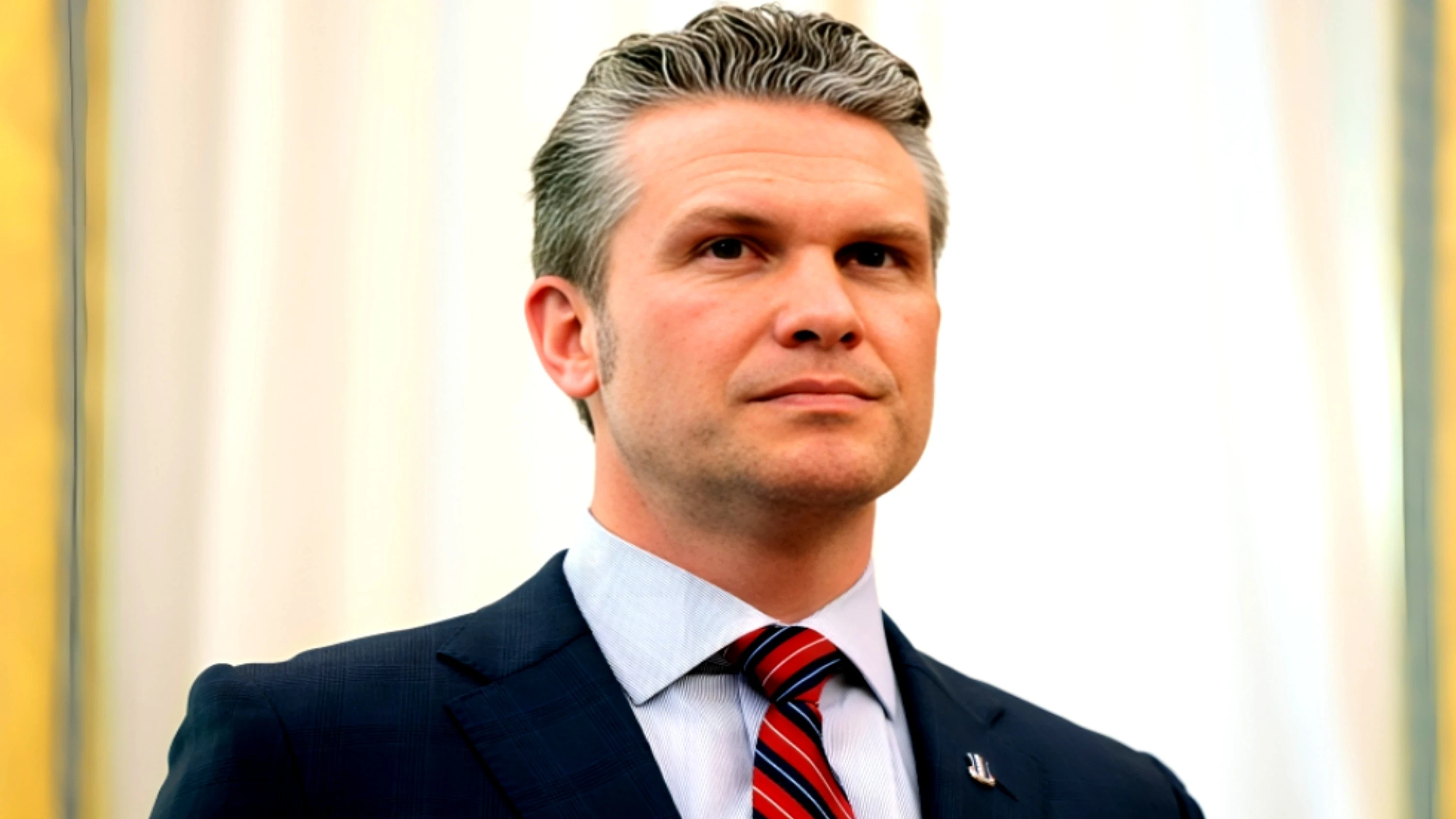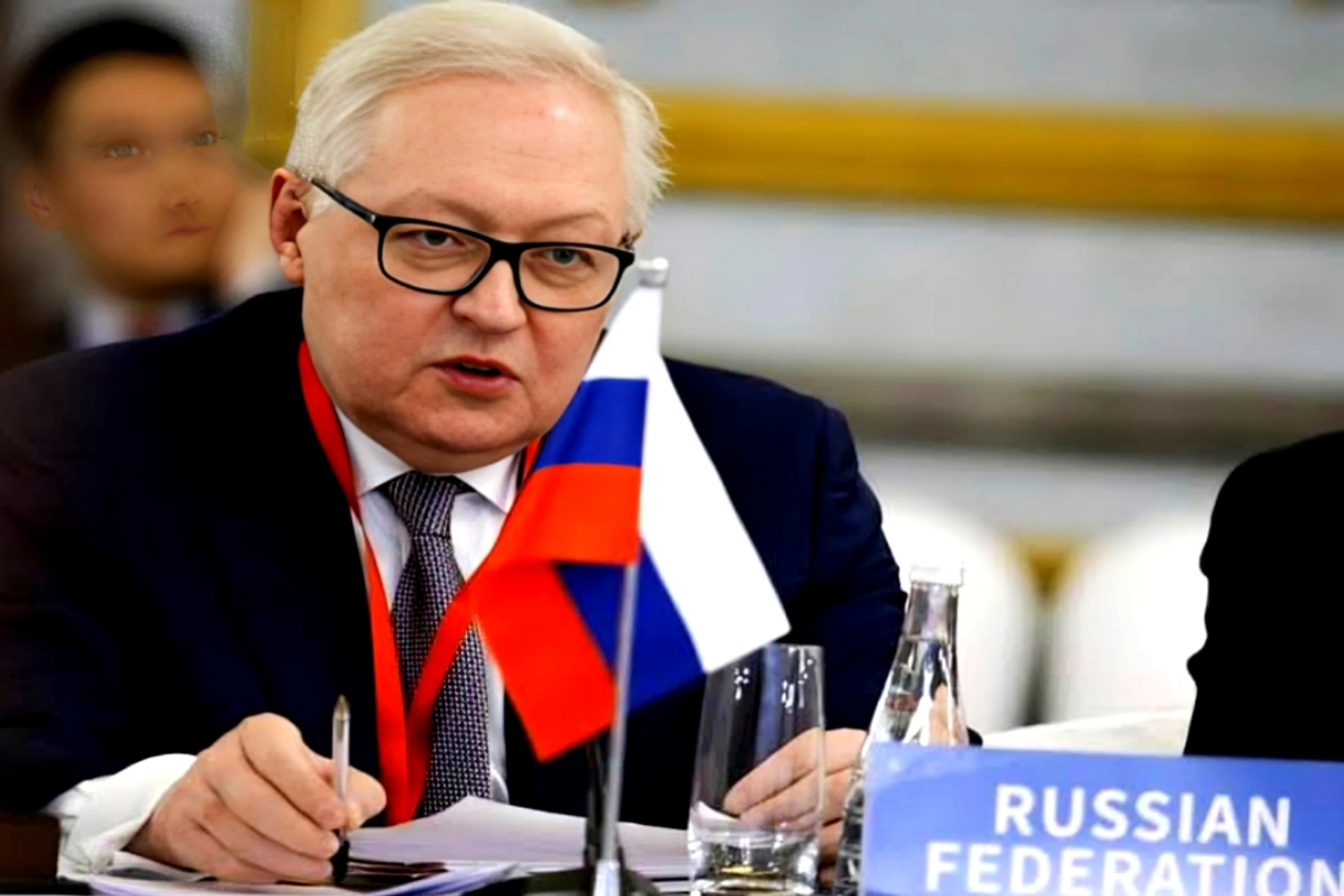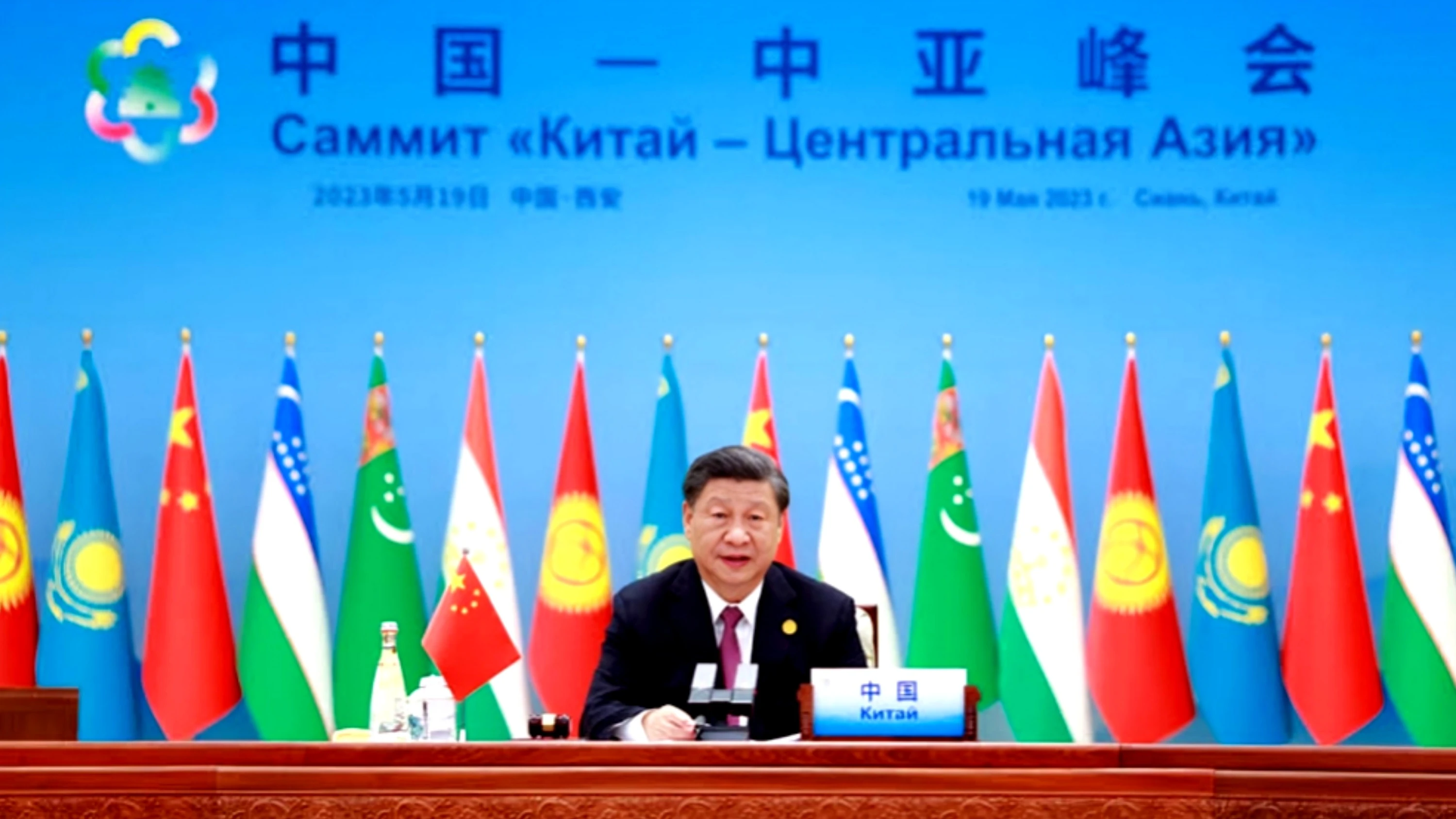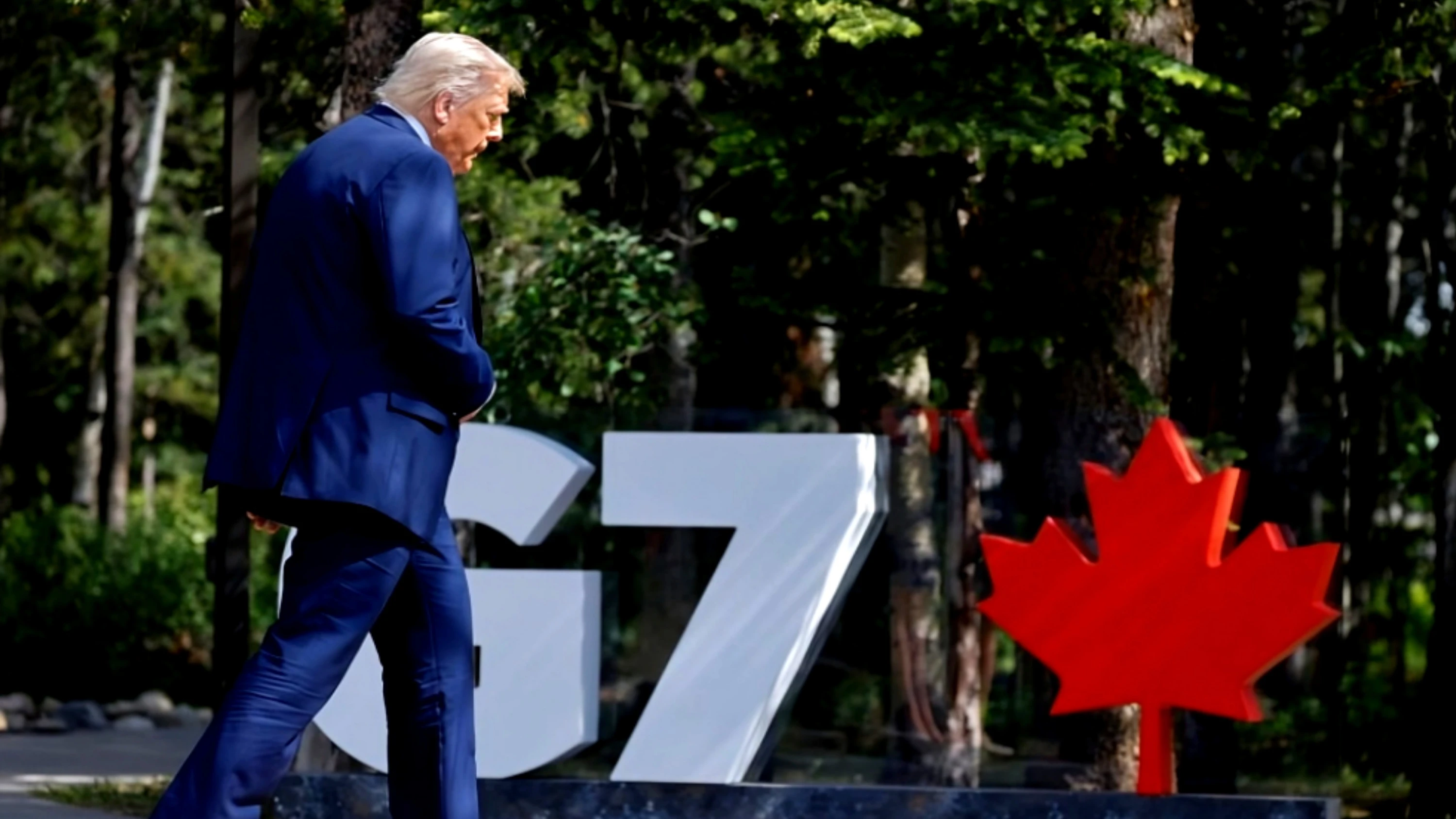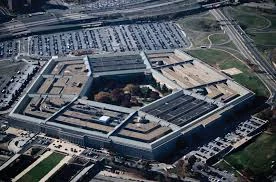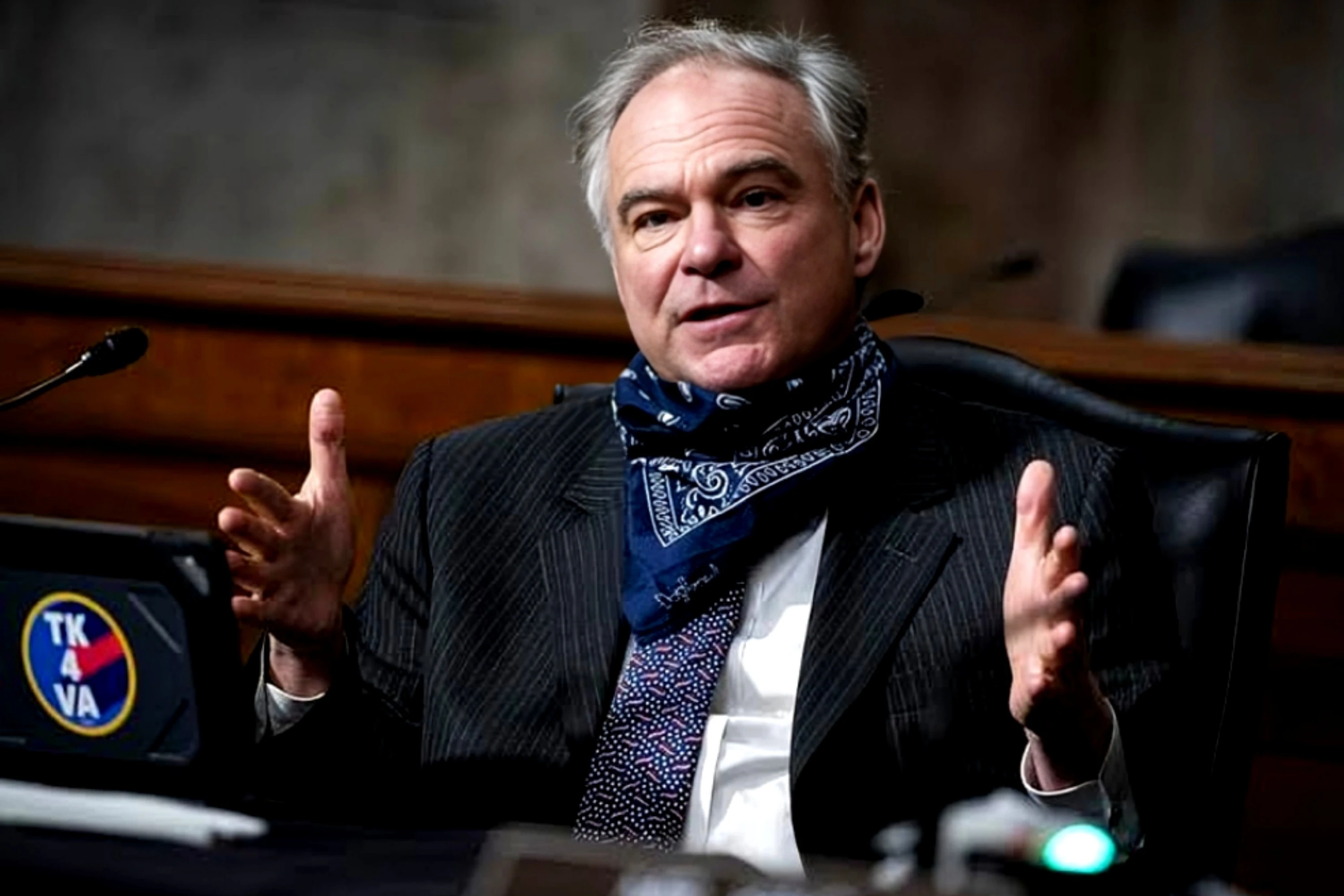Washington: The White House has confirmed that a journalist was mistakenly added to a group chat where U.S. officials were discussing plans for an attack against the Houthis in Yemen.
Previously, The Atlantic magazine’s Editor-in-Chief, Jeffrey Goldberg, revealed on Monday that he had been added to a Signal messaging app group where senior national security officials, including National Security Advisor Michael Waltz and Vice President J.D. Vance, were present.
National Security Council spokesperson Brian Hughes confirmed that the reported messages appear to be authentic. He further stated that an investigation is underway to determine how an unauthorized number was added to the group.
According to Hughes, the conversation in the group chat involved senior officials discussing policy matters.
On March 15, the U.S. launched "powerful and decisive" airstrikes against the Houthis in Yemen.
Jeffrey Goldberg stated that four days prior to these strikes, on March 11, he received a connection request on Signal from an account that appeared to belong to White House National Security Advisor Michael Waltz.
Signal is a messaging application considered more secure than other chat apps, which is why both journalists and U.S. officials prefer it over other platforms.
Goldberg reported that two days after receiving the request, he was added to a group chat titled "Houthi PC Small Group."
According to him, several accounts in the group appeared to belong to cabinet members and national security officials. These included accounts under the names of Vice President J.D. Vance, Secretary of Defense Pete Hegseth, and CIA Director John Ratcliffe.
Goldberg stated that, while he was in the group, discussions were taking place regarding military attack targets and timings. The plans discussed appeared to align with the U.S. airstrikes on the Houthis, which matched the details shared in the group chat.
On Monday, when a journalist questioned President Donald Trump about the matter, he responded that he knew nothing about it and was hearing about it for the first time from the journalist.
This revelation has sparked criticism, with many labeling it as irresponsibility and incompetence on the part of the Trump administration. However, there are also some additional concerns that are not being openly discussed.
One striking aspect of this story is the repeated mention of a specific messaging app—Signal. The report emphasizes that U.S. officials use Signal for sensitive conversations, prefer it over other applications for security reasons, and consider it more secure than other chat apps.
This raises the questions that, is the Mention of Signal App in This Story a Mere Coincidence?
Signal is a messaging app well known for its encryption, but it has not gained widespread popularity due to the dominance of WhatsApp.
On the other hand, WhatsApp is an extremely popular app owned by Mark Zuckerberg, who also owns Facebook.
In 2021, Facebook (WhatsApp’s parent company) banned Donald Trump’s Facebook account, sparking a major controversy. That period also witnessed intense competition between WhatsApp and Signal, with numerous rumors surfacing about WhatsApp being insecure or compromised. In those instances, Signal was always promoted as the alternative.
Trump is known for taking revenge on his opponents, and we saw a clear example of this last month at the White House when he harshly criticized Ukrainian President Zelensky. During the same discussion, Trump’s companion J.D Vance, pointed out that Zelensky had openly supported former President Joe Biden during the elections.
Given this context, one cannot help but wonder whether this information was truly leaked or whether this story is being used as a means to promote Signal as an alternative to Facebook-owned WhatsApp to revenge Mark Zuckerberg for banning Donald Trump's account in 2021.
It is worth noting that Donald Trump has previously promoted Elon Musk’s company as well.
The credibility of this story came into question when, while reading it, I felt compelled to download Signal myself—because it was being portrayed as so secure that even U.S. government secrets are discussed on it.
However, these are just doubts, and we cannot claim with certainty whether they are true or not.


